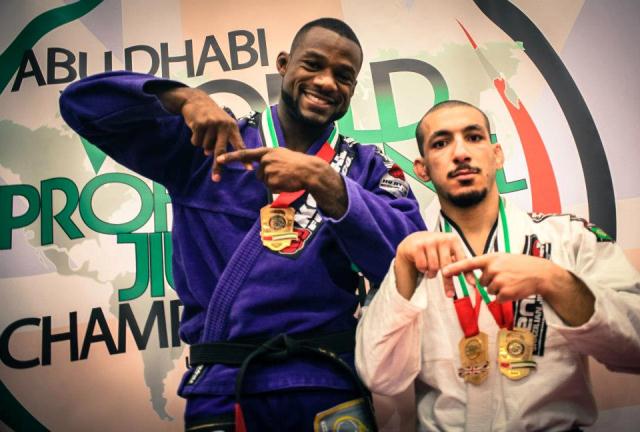Happy with the direction Gracie Barra Lisboa has taken, black belt Alex Machado, 38, felt the academy could already be led by its now-mature instructors, and went in search of a new city to live in with his family and help expand Jiu-Jitsu.
Scanning a study published in Forbes magazine, Alex found in Cambridge, in the state of Massachusetts, a perfect setting for his dreams to come true: “It is where Harvard is located, and seemed to harbor all the qualities I was looking for in a place to live – a prefect city to open a new Gracie Barra academy and for my kids to study,” says Alex.
That was when destiny entered the scene: “I asked a company that provided me statistics on several cities around the world to send me data on Cambridge, MA. They made a mistake and sent me data on Cambridge, UK, here in Europe. I started reading without noticing and found the city to be excellent!”
The professor decided to check it out. He hopped a plane in Lisbon and two and a half hours later was sure of his decision. “Since I have double citizenship, was born in London and live in Portugal, it was made all the easier. When Master (Carlos Gracie Jr.) gave the go-ahead, I went ahead.”
With the backing of the likes of Roger Gracie, Lucio Lagarto and Braulio Estima, Alex opened the new academy – and even called on his black belt Pedro Rodrigues to open another GB branch in a town 70km from Cambridge.
The university is 800 years old, and is not a world reference for nothing, as it saw Jiu-Jitsu’s potential and took interest to Jiu-Jitsu classes.
“Now we put Cambridge on the Jiu-Jitsu map, and that is just a beginning!” enthused Machado. “The European people started to see Jiu-Jitsu as being art and philosophy, as one of the characteristics of Europeans is to understand the concept of something before dedicating themselves to it. And it’s worth noting that here we have really strong judo and it is present in schools, which provides good foundations for evolving into being Jiu-Jitsu athletes. At the same time, the people here are accustomed to exporting concepts and not importing them, which is why often things take longer to be assimilated. But if we want to see Jiu-Jitsu in the Olympic Games some day, gaining force in Europe is fundamental, due to the weight Europe carries in such decisions.”


